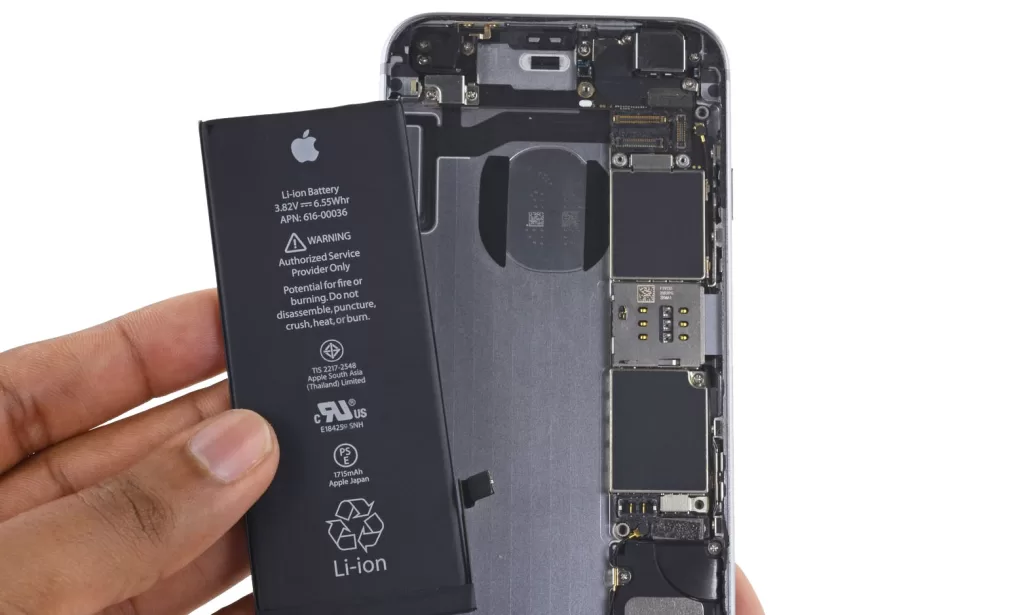EU Requires Smartphone Manufacturers to Adopt Replaceable Batteries
The European Parliament has recently passed new regulations with an overwhelming majority that will require smartphone manufacturers to design phones with easily removable and replaceable batteries.
This move could have significant implications for electronic appliance makers, including Apple, Samsung, and other popular brands whose products currently have hard-to-replace batteries.
According to the legislation, portable batteries should be considered removable by the end-user “when they can be removed with the use of commercially available tools.” The regulators aim for a more eco-friendly approach to battery waste management and efficient recycling practices.

The Impact on Popular Brands like Apple and Samsung
At present, most leading smartphone brands, such as Apple’s iPhone and Samsung’s Galaxy phones, incorporate hard-to-replace internal batteries. It is challenging for consumers to remove or replace these batteries without professional assistance. However, some progress has been made in recent years.
In 2022, Apple introduced a self-service repair program allowing customers access to iPhone parts and enabling them to replace certain components in specific models. Observations of the iPhone 14 show improved design, making repairs easier than on some earlier models. Nevertheless, it still falls short of easy battery replacement as required by the new EU regulations.
Stricter Targets for Waste Collection and Recycling
The new legislation also outlines stricter waste collection targets for portable batteries: 45 percent by 2023, 63 percent by 2027, and 73 percent by 2030. As part of this initiative, the European Parliament emphasizes that users must properly sort out “readily removable” batteries without the need for professional tools.
It is expected that EU member countries will implement these new rules within 3.5 years of passage or by 2027 at the earliest. Once executed, compliance will need careful monitoring to ensure manufacturers offer spare parts at a reasonable cost and maintain eco-friendly practices.
Loopholes, Exemptions, and Resistance from Manufacturers
As with any regulation affecting industry practices, manufacturers may look for loopholes or seek exemptions for certain devices. For instance, some companies have cited unfounded safety claims to apply exemptions for batteries used in “wet conditions,” such as electric toothbrushes, earbuds, and smartwatches.
Additionally, there are concerns regarding the interpretation of terms like “readily replaceable” and “professional tools.” Clear definitions and guidelines will be necessary to avoid ambiguity and ensure that manufacturers meet intended objectives.
Global Implications and Potential Changes in Phone Designs
Regulations in the European market have a tendency to impact global practices. Manufacturers are less likely to create separate designs, one adhering to EU regulations and another catering to non-EU markets, due to the sheer size of the European market share.
For instance, Apple is expected to adopt USB-C charging for its iPhone 15 model in response to an EU ruling requiring the use of USB-C charging by 2024. With stricter battery regulations now also in place, smartphone manufacturers will likely need to adapt their designs accordingly in the future.
What Lies Ahead for Smartphone Industry?
With these new regulations approved by the European Parliament, it remains uncertain how substantially smartphone brands must alter their designs to comply with replaceable battery criteria. Compliance could affect factors such as durability and water resistance.
Although changes may not be immediate, mobile devices might undergo significant transformations over time if they wish to continue serving an eco-conscious European market.